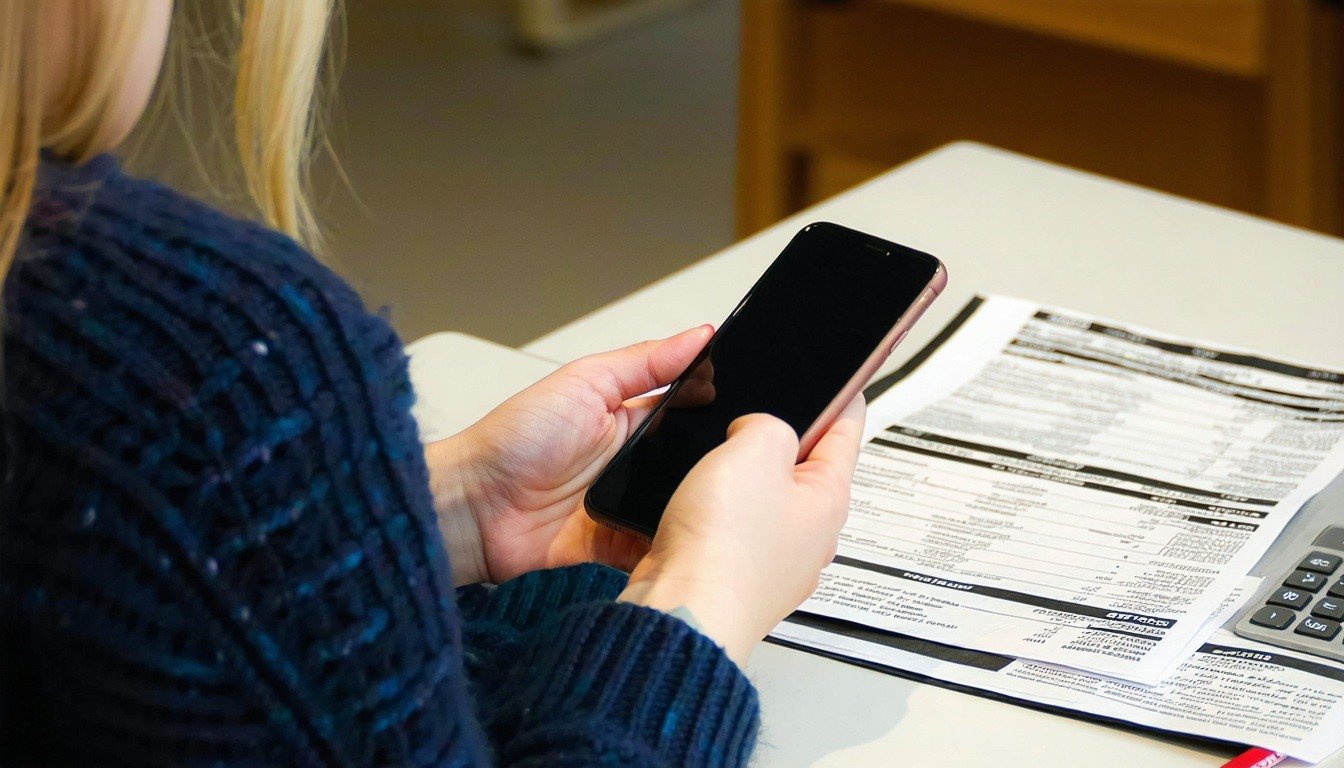What To Do if You Have a Low Credit Score or No Credit Score
The contents provided on this page are for informational purposes only and do not constitute financial advice. Consider your personal circumstances and objectives before making any financial decisions.
If you have a low credit score or no credit score at all, it can feel like an uphill battle to access loans, credit cards, or even rental properties. But don’t worry—building or rebuilding credit is entirely possible with the right steps.
Let’s explore how you can take control and improve your credit situation.
What does it mean to have a low or no credit score?
A low credit score typically indicates a history of missed payments, high credit utilisation, or other financial challenges. On the other hand, having no credit score means you haven’t established a credit history yet, which is common if you’re a younger adult or have recently moved and are new to Australia.
Both situations can make it harder to qualify for loans or get favourable terms, but the good news is they’re not permanent. By taking small and consistent steps, you can improve your creditworthiness over time.
If you have a low credit score
If you have a low credit score, you can take steps to rebuild this over time and improve your financial standing. This can open you up to more lending opportunities, like better interest rates and more favourable terms on loans and credit products.
Some steps you can take to rebuild your credit score include:
1. Prioritise overdue debts
You can start by settling any outstanding payments, as partial payments can show positive behaviour to lenders – a sign that you’re working to clear your debts.
2. Make all payments on time
Your payment history is important for improving your score. Consider setting up automated payments to ensure pay bills, loans, and credit cards by their due dates. In some cases, this could also help you avoid late fees and other hidden costs that may be charged by some providers for late or missed payments.
3. Reduce your credit card balances
Focus on paying off cards with high interest rates to save on fees, then reducing your outstanding balance on other credit cards.
4. Avoid applying for new credit too often
Each application is a hard inquiry in your credit report, which impacts your credit score. To avoid this, try to focus on managing your existing credit responsibly, and consider if you really need to take out another credit product, or if you have any other options.
For urgent expenses, you could consider your savings or emergency fund, or a short-term emergency loan with alternative lending options like Beforepay’s Pay Advance.
If you have no credit score
In most cases, you’ll need a credit score to apply for loans, credit cards, or even rent a property. But if you’re new, especially if you have moved to a new country, you might not have a credit score – but don’t worry, it’s never too late to start building one!
Here are some ways you can start building your credit history.
1. Apply for a secured credit card
Secured credit cards are a great way to start building credit. They usually require a deposit, which serves as collateral, and your usage is reported to credit agencies. You can use the card for small purchases and pay off the balance in full each month to show responsible financial behaviour.
2. Pay utility bills and rent payments on time
In Australia, paying your rent and utility bills on time doesn’t typically contribute to your credit score. However, overdue bills can have a negative impact on your credit score. For example, a service provider (e.g. electricity, gas, water) can report a default to a credit reporting agency if you owe $150 or more and 60 days or more have passed since your due date. Learn more about this here.
While these are some options to try and help you build your credit score, it’s always best to consider your personal circumstances and consult with a financial advisor or professional before making any major decisions.
Having a low or no credit score isn’t the end of the road—it’s just the starting point for building a stronger financial future. By taking consistent steps, like paying bills on time, managing debt wisely, and using tools like secured credit cards, you can improve your creditworthiness and unlock better financial opportunities over time.
And if you need extra cash quickly, there are alternative no credit check loans like Beforepay's Pay Advance you could consider to help you cover unplanned costs in the meantime.
Disclaimer: Beforepay Group Ltd, ABN: 63 633 925 505. Beforepay allows eligible customers to access their pay and provides budgeting tools. Beforepay does not provide financial products, financial advice or credit products. The views provided in this article include factual information and the personal opinions of relevant Beforepay staff and do not constitute financial advice. Beforepay and its related bodies corporate make no representation or warranty, express or implied, as to the accuracy, completeness, timeliness or reliability of the contents of this blog post and do not accept any liability for any loss whatsoever arising from the use of this information. Please read our Terms of Service carefully before deciding whether to use any of our services.

-Oct-15-2024-06-29-35-6613-AM.png)
